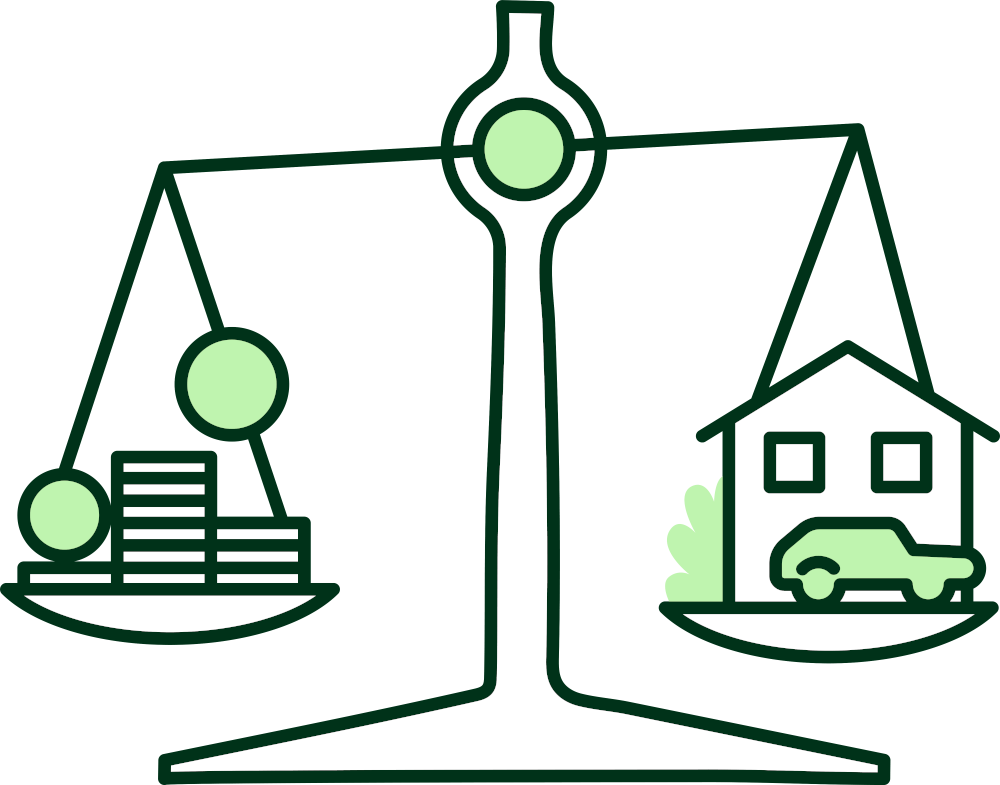What are county court bailiffs?
A bailiff can remove things you own and sell them to raise money to pay what you owe. Bailiffs are also known as enforcement agents. County court bailiffs work for HM Courts and Tribunals Service. They can be used when you have a county court judgment that you have not paid as the court has ordered.
Can they force entry?
In most situations you do not have to let bailiffs into your home. Bailiffs can only enter by a normal way, such as a door. They should not enter through a window.
What can county court bailiffs do?
- Warrant of control
If you have a county court judgment for a debt and do not pay, the creditor can apply for a ‘warrant of control’. This authorises a county court bailiff to come to your house and make a list of your goods that they can sell to pay your debt. This is called taking control of your possessions. The bailiff should give you seven days’ notice before they do this.
- Vehicles
A bailiff can take control of goods outside your home. If you have a car that is not in a locked garage they could remove or clamp it.
- Selling goods
After bailiffs have taken goods they may sell them at public auction. They must allow at least seven days before they do this.
- Fees
Bailiffs can charge you fees for their actions. These are fixed in law.
There are some things county court bailiffs should not take. These include clothing, bedding, furniture and basic household items. They are also not allowed to take equipment and vehicles that you need for your job, business or education (up to a total value of £1350).
What can I do?
- Keep your windows and doors locked. If possible, keep your vehicle in a locked garage.
- Make a payment offer to the bailiff as soon as you hear from them. If you cannot pay the money owed in full, offer to pay by instalments.
- Apply to the court to suspend the warrant of control. The court will send the creditor a copy of your application form. If your creditor agrees to your application the court will tell you what you must do and how much you should pay.


